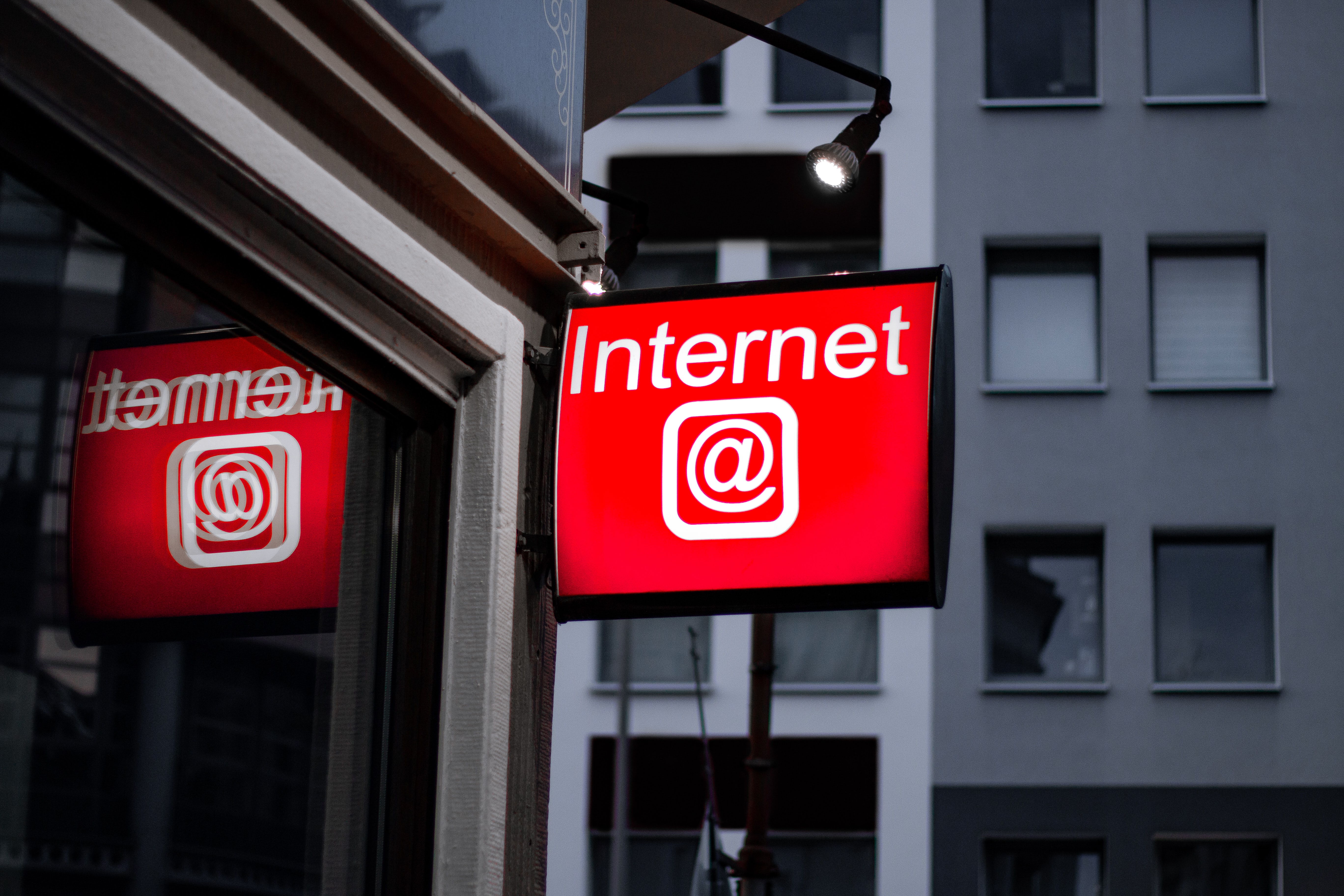Experts say the internet should be okay during a pandemic.
Will the internet crash as a result of the extra bandwidth being used during the COVID-19 pandemic? Experts say it’s unlikely, but then again, a pandemic isn’t a likely scenario, either. For now, the current framework should support increased use during this time. However, companies like Netflix are taking measures to ask consumers to limit streaming and to decrease streaming quality.
Netflix recently announced it will “lower the quality of its video streams in Europe in an effort to preserve bandwidth for more essential online activities.” Following a request by European Commissioner Thierry Breton, Netflix said, “We estimate that this will reduce Netflix traffic on European networks by around 25 percent while also ensuring a good quality service for our members.”
Companies that monitor traffic indicated that while there has been an obvious surge of online activity during this time of social distancing and mandated lockdowns, there has been only a slight impact on the quality of services overall. According to analysis company Ookla, “residential internet speeds in places like Westchester County, New York (which has been hit hard by the pandemic) and San Francisco decreased between the week of March 2 and the week of March 9. Speeds in countries like Italy and China also declined as COVID-19 spread.”

Ookla CEO Luke Deryckx explained, “The slower speeds might not have much to do with overloaded internet infrastructure,” but rather that families who are quarantined together at home are accessing the same network at the same time. Thus, it’s hard to determine whether decreased internet quality has to do with the COVID-19 emergency response plan, or if it’s due to what would naturally occur in a household when all members are home, anyway.
According to security company Cloudflare, “Internet traffic in the U.S. is up between 10 and 20 percent since early February, with peak internet usage up about 13 percent.” Nokia’s network analytics company, Deepfield, reported “20 percent to 40 percent higher than usual” activity “over the past four weeks” in regions hit the hard by the crisis. Dane Jasper, CEO of the San Francisco area broadband provider Sonic, reported “a traffic increase of around 25 percent.” He said, “We build our networks for peak capacity, and that peak going up by one-quarter in a week is pretty amazing. An upgrade we were going to do six months from now we just had to do last week.”
However, many tech companies, at the same time, are suggesting that consumers host online virtual watch parties now that they cannot go to the movie theater together. So, there’s conflicting information on what the best action to take truly is.
“Networks usually see traffic grow around 40 to 50 percent every 12 to 16 months,” Deepfield CTO Craig Labovitz reported. He said he is concerned by the rate of growth, eventually making networks will reach max capacity and negatively impacting online experience. Labovitz asked, “What will happen a week from now? Has traffic has peaked?” He said, “There’s enough capacity, but there won’t be if we continue to see this kind of growth.”
Sources:
Netflix and YouTube are slowing down in Europe to keep the internet from breaking


Join the conversation!